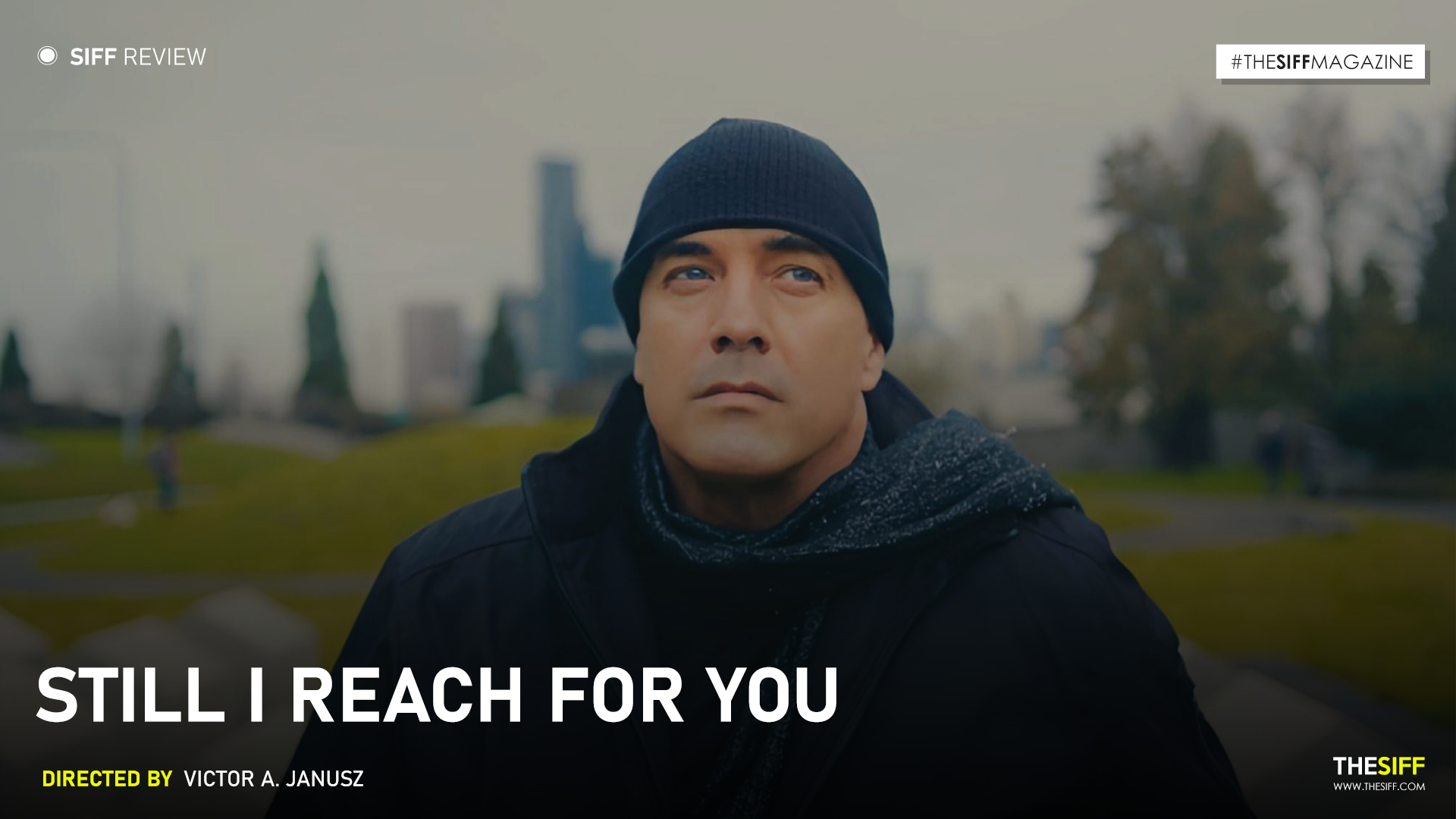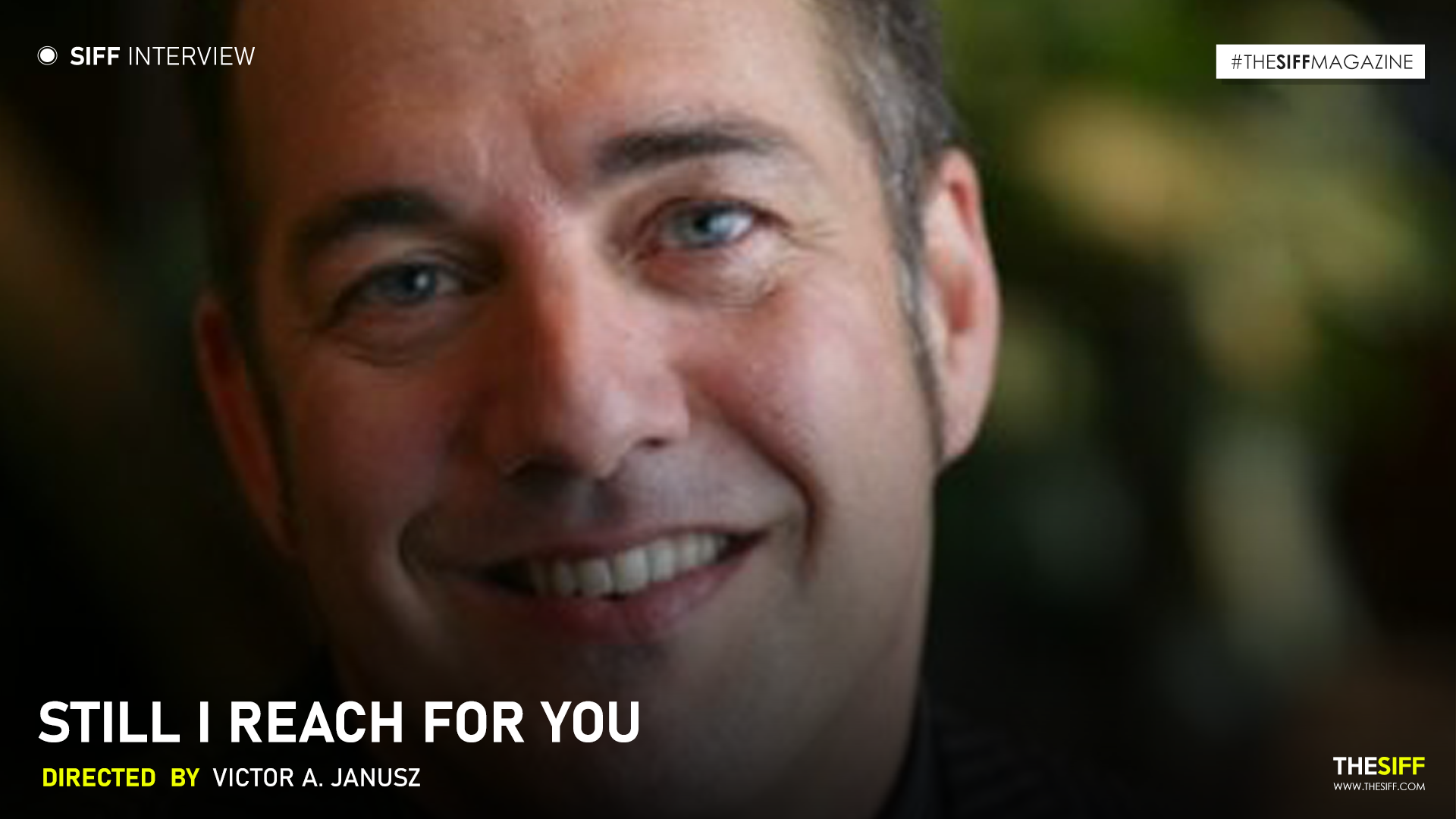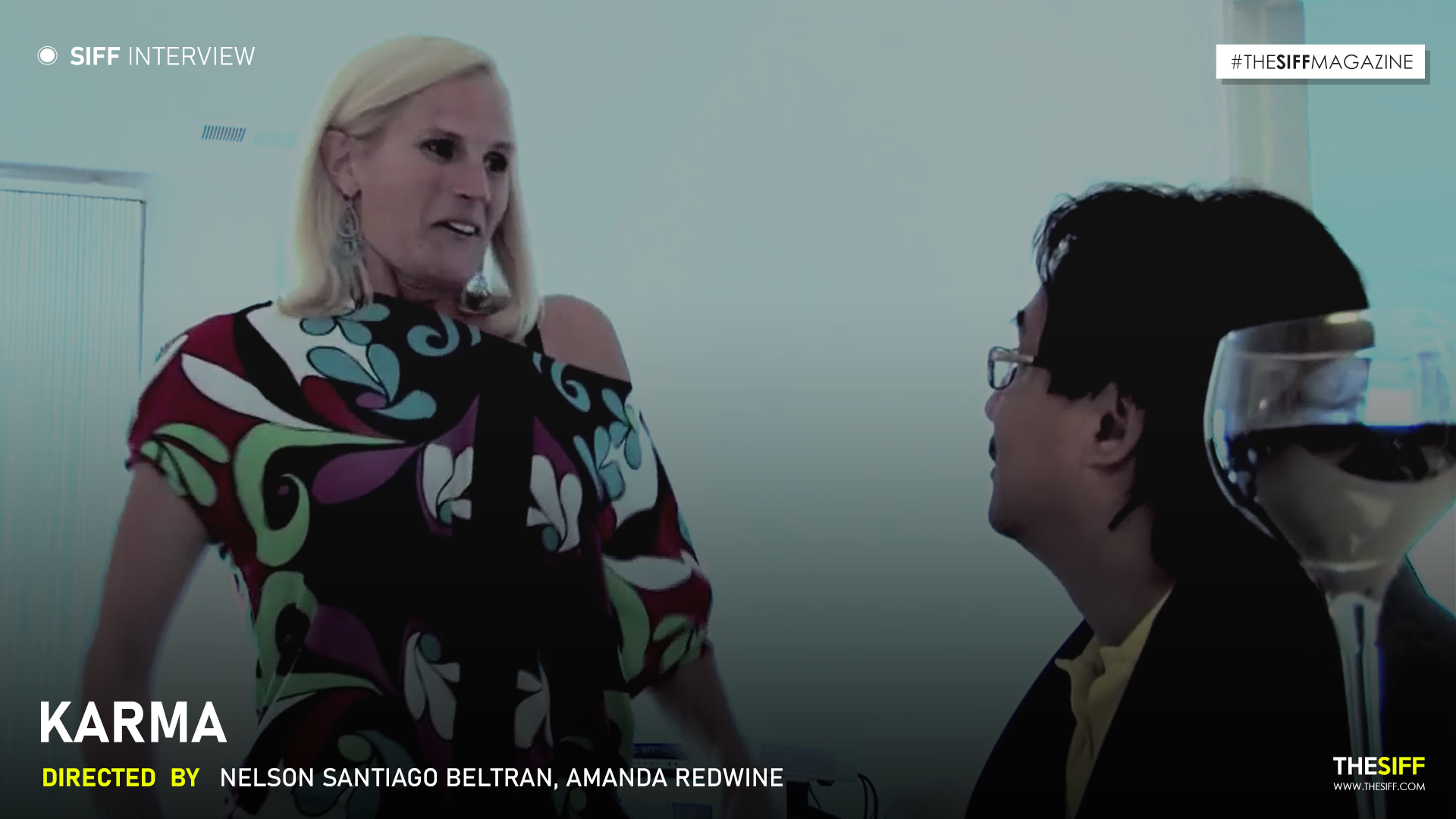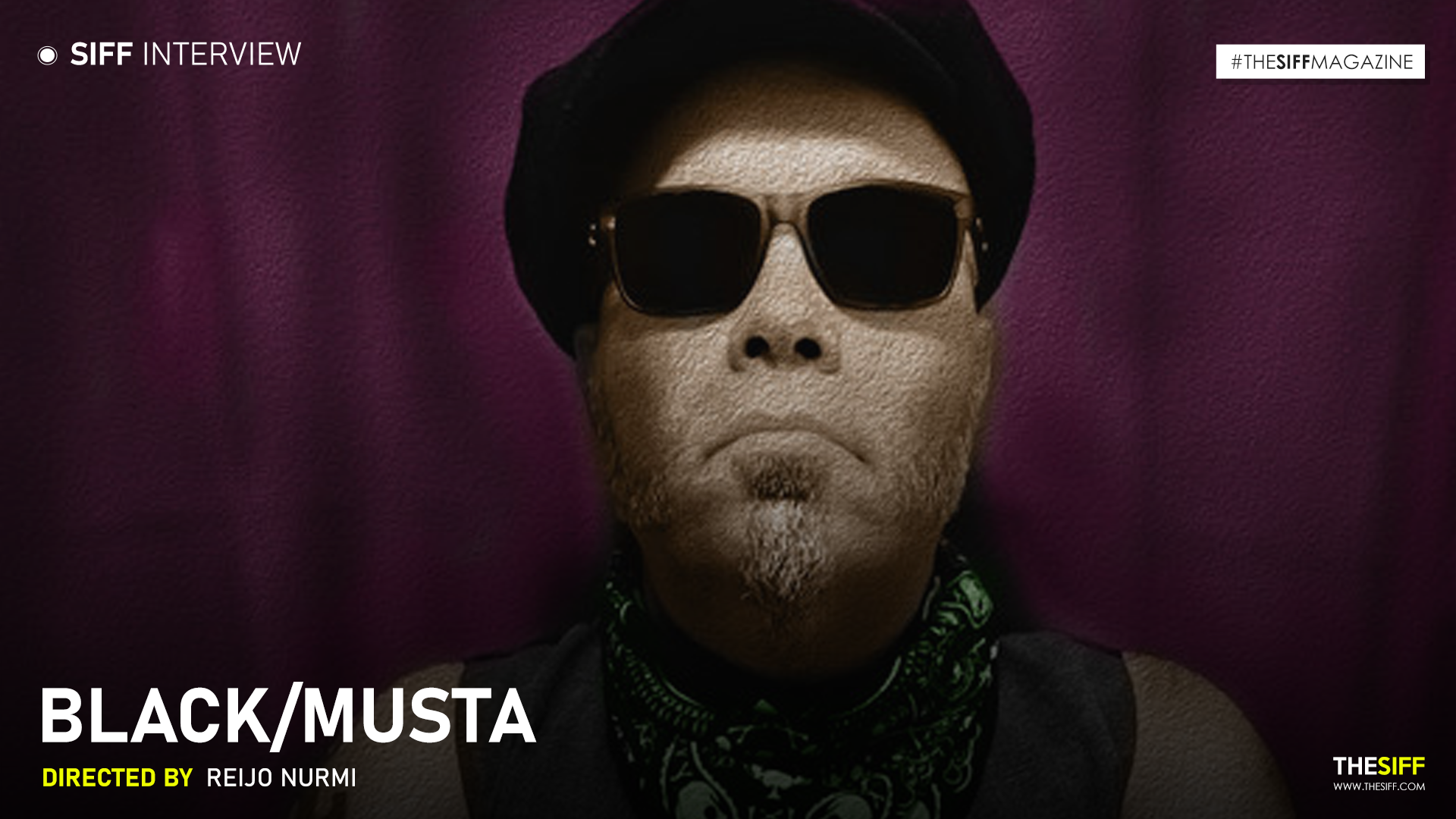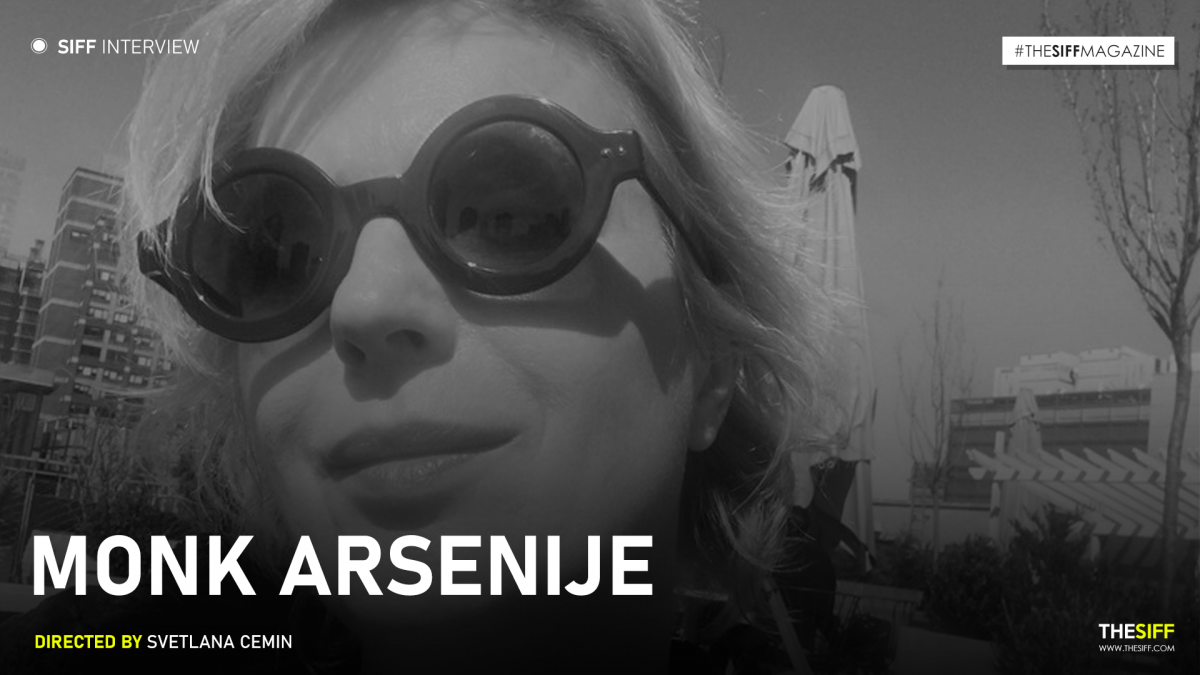
Movie : Monk Arsenije
Director : Svetlana Cemin
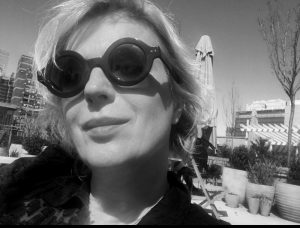
Tell us something about the initial thought behind making the movie. What was the motivation?
The film Monk Arsenije was a project that came out spontaneously, in other words, without any previous planning concept. In June 2018, we were wrapping up the last days of shooting of the documentary Saint Clair Cemin, Psyche, and I suddenly received a phone call from a long time friend, Aleksandar Jovanovic, who has now changed his name to Arsenije since he has become an orthodox monk.
After an absence of twenty seven years, he came to New York City to promote his book God and Rock’n’roll and he invited me to his lecture the following week at the Greek Orthodox church. I then invited him to my 610FILM Brooklyn studio since I was curious and wanted him to tell me more about his life changes since we last saw each other in the early 90s. During this long conversation, I started to discover what led this avant garde artist that I used to know from Belgrade, Serbia where we both come from, to abandon everything, including the art scene and devote himself to practicing Christianity in various monasteries in Southern Europe (at some point he even lived as a hermit for a number of years in a mountain near Albania). After I spent the whole day listening to his life story, which was profoundly fascinating, I asked him if I could film his upcoming lecture. At first Arsenije looked puzzled but then he agreed and this is how it all began. After the first day of filming in Manhattan, I knew that I had to make a film portrait of this unusual mok with utmost complexity.
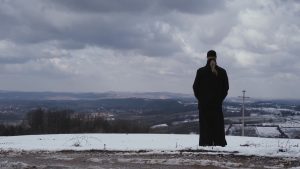
You have mentioned that Monk Arsenije has been your friend for a while now. What exactly do you think makes his life so fascinating? Is it just the transformation or is there more to it?
I was not only fascinated by Arsenie’s experiences after he had become a monk but also because he had found a way through his faith to impact the lives of so many others. Arsenije and I belonged to the same group of friends when we were in our youth in Belgrade. At the time, before the war erupted, our city was very prosperous and flourished with cultural events which were mostly influenced by the West. At some point our lives crossed again when we both lived in New Your City. When in the early 90s the war started to tear our country apart, everything changed, Belgrade had lost its cultural dynamism and its artistic inspiration. The traumatic experience as a result of this devastating conflict had left a huge impact on all of us: we lost many common friends and promising young artists, mostly because of desparation, had ended their lives. Whoever has faced the tragedies of war knows that life is never the same again, after losing our collective identity. Monk Arsenije’s life mission influenced the life of so many young people who are not fully aware of this effect of auto-destruction, and this awareness plays a fundamental part in one’s endurance as an artist.
What do you think separates the artistic from the spiritual? On the contrary, what do you think connects the two together?
I think that they are analogous. The topic of art and spirituality has always captivated me. All my films are dedicated to the process of artistic creativity, and this one specifically has the strongest mosaic of specifically the spiritual influence on artistic expression. Through the process of creativity an artist natuarly brings combined influences to his work, we can also perceive these through different archetypes. The expression and the way to transform ideas through craft to its final execution can result in a separation from a fixed idea and perhaps we can then find a glimpse of poetry and therefore spirituality that comes as the result.
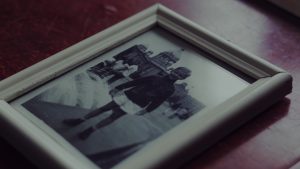
The landscape of Serbia appears quite interesting. What do you think it is about Serbia that spurs a spiritual inclination within the inhabitants? Is it the collective trauma being a war torn country in the past?
Serbia, once a kingdom in the Middle Ages, struggled with the wars since its creation. Because of its own geographical position in the Balkans throughout history, it was endlessly fighting for independence. Perhaps the constant struggle and the need to find its own authenticity resulted in a strong and deeply rooted need for spiritual ties and a sense of religion. Yet, in our recent history, the peaceful period during communist era, when Serbia was a part of Yugoslavia, paradoxically any practicing of religious services was strongly discouraged, even forbidden by the Party. After the collapse of Yugoslavia, once again the practice of mostly Orthodox Christianity went back in full swing but there are other spiritual movements and religions that are quite present as well. Perhaps it is this attachment to religion as a sense of identity which makes the landscape so inspiring to spiritual feelings.
Monk Arsenije’s life reminds one of the novel Narcissus and Goldmund by Herman Hesse in parts. The person is special for sure. How much do you think both sides contribute to a person’s spiritual evolution?
I’m preoccupied with the duality of human nature and it was quite obvious that strong oppositions played a great part in Monk Arsenije’s spiritual path. He is not only a highly intellectually developed individual, he is also a great narrator, architect, landscape designer, painter, sculptor and paradoxically at the same time a humble server to the church. It is hard to imagine that all those other developed talents can contribute to all his efforts towards his devotion to Christianity.
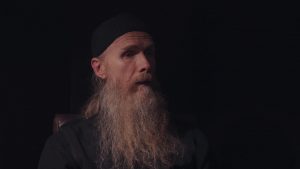
The moment of epiphany is of paramount significance in a life like this. Do you believe certain enlightening moments are needed in a person’s life to realize a profound truth hidden in the confines of stupor?
Life is a process, even when it ends it still vibrates. Yes, for sure there are certain experiences that impact us in such a way that suddenly the profound truth rises up and from then on everything is seen through another spectrum. That’s the drama. In my work I wanted to illuminate the most significant transitions in a protagonist’s life and to show the importance of them on our psyche, individually and collectively.
Did you encounter any creative hazard in the process of making the movie?
Of course, the beauty of making documentaries is in encounters of unexpected and unscripted situations. For example, I wanted to film during the winter period monk Arsenije in his monastery, and in order to get him to walk though the exact amount of snow that I needed for the kind of shots that I wanted to make, it took me almost nine months to travel to the Serbian mountains. In the meantime I had to change my traveling plans and replace crews several times. There were so many other minor insignificant incidents which slowed the process of making this movie, but one has to learn how to adapt to all sorts of challenges.
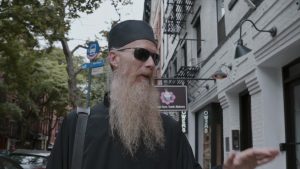
What attracted you to the domain of Cinema? Could you name a director or two whose movies you are never tired of watching?
Both theater and cinema have been very important domains because I have always been fascinated with storytelling. I couldn’t imagine living without a poetic touch and inspiration, without art. The stories of human conditions are told in a memorable way by the great masters of cinema and never get tired of watching films by Bunuel, Antonioni, Tarkovski, Bergman, Kurosawa, Fassbinder, just to name a few.
Could you suggest a few documentaries you believe everyone must watch?
Almost all the documentaries by Werner Herzog are worth watching, he is such a great storyteller with a refined and profound expression that captivated me. I also very much enjoyed seeing Ryuichi Sakamoto: Coda since I always admired his music and artistic style.
Why do you think the story of Monk Arsenije needed to be told?
We have become more driven by a new way of communicating and a collective awareness has been quite transformed by the constant use of technologies. I believe that we cannot simply be indifferent to other ways of understanding the human condition. After my first encounter with a man who has been so utterly transformed through his faith and who is now constantly influencing others by sharing his experiences from hell to heaven, so to speak. His life journey touched me. To find inner peace, to use the past experiences as a tool for liberation from addictions, self distraction, then to find hope in a very unique way was the story that I wanted to tell.
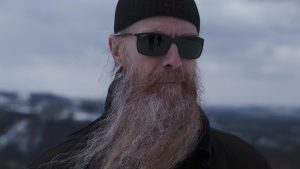
How significant do you think is faith against a sense of disillusionment? Can it resurrect the soul of the dead ( a person who has given up on life)?
It is important to respect each one’s own path to understanding faith, and I do believe that by practicing a meditative state of mind, we can improve our brain functioning. When we talk about delusions we talk about all broad aspects of different kinds of malfunctioning, and that itself depends on the individual degree of malfunction. In many cases I also witnessed that with a touch of faith the lost souls have found the light out of the darkness and improved their living conditions. And also vice versa.
Why are more stories like this being told?
Perhaps because we’re all striving to send a message about a new awarness regarding the human condition. We all are shaped by our own personal path and choices, yet it feels that we have become much more isolated and fragile, especially during and after the pandemic. I think many of us ask similar questions, about hope and how to cope and transcend the personal or collective anguish? I suppose, many answers are offered through poetry and metaphor and in cinema. In my expression, in order to illuminate the lives of my subjects, I chose to put the focus on the discovery of the individual journeys of my protagonists, not just about the ideas that they represent.
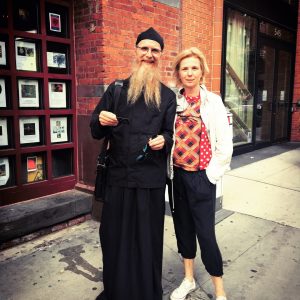
What do you make of the concept of life being told as a story, a narrative within a specific structure? Do you believe these lives have countless stories to offer all storytellers across the globe?
For a filmmaker there must be a certain motivation to dig deep into creating a story that has an universal meaning. The stories that touch our hearts and imagination are valuable contributors to our perception and understandings of human nature. In all my films I opened the doors for a structure that has the flexibility to adapt unexpected and to improvisation, such as a life experience, utterly unimposed. By focusing on the process rather than the final result through each story I worked thoroughly in order to answer the elemental question: Why to tell this specific story? That is a key question which has to be answered honestly, the protagonist must not leave us indiferent if the portrayal is sublimely specific.

